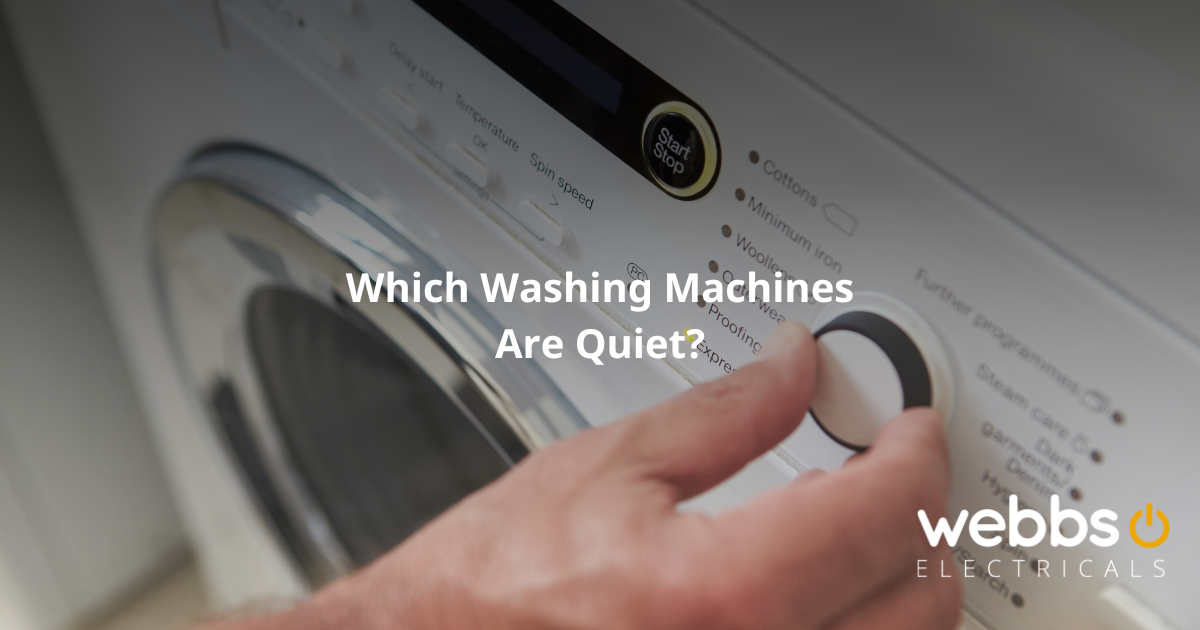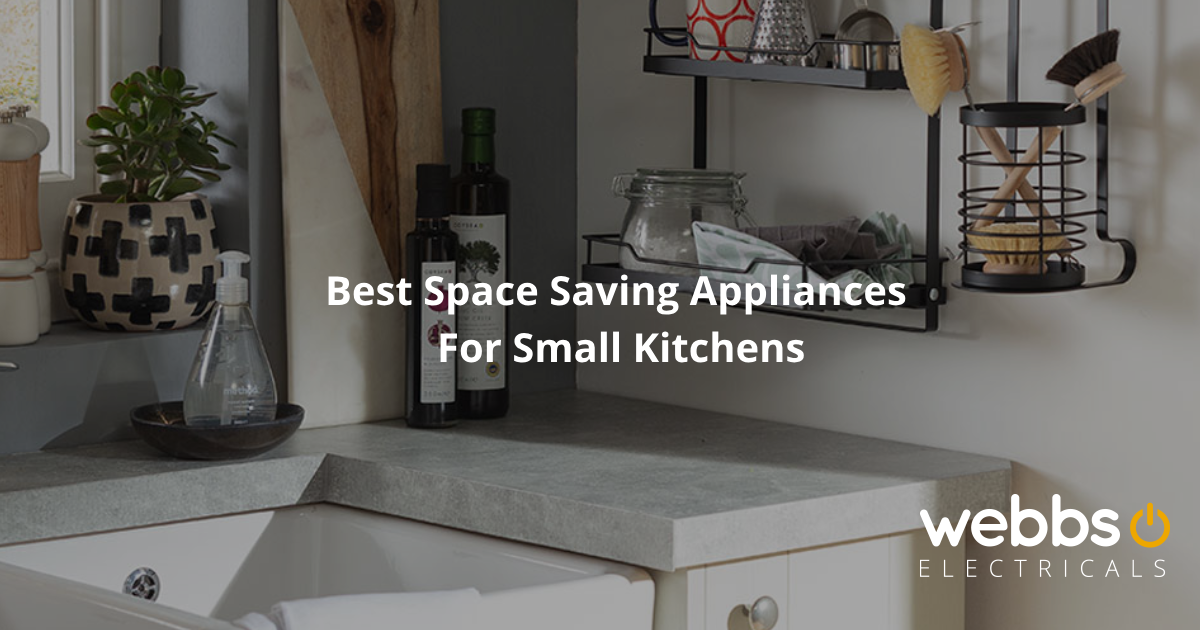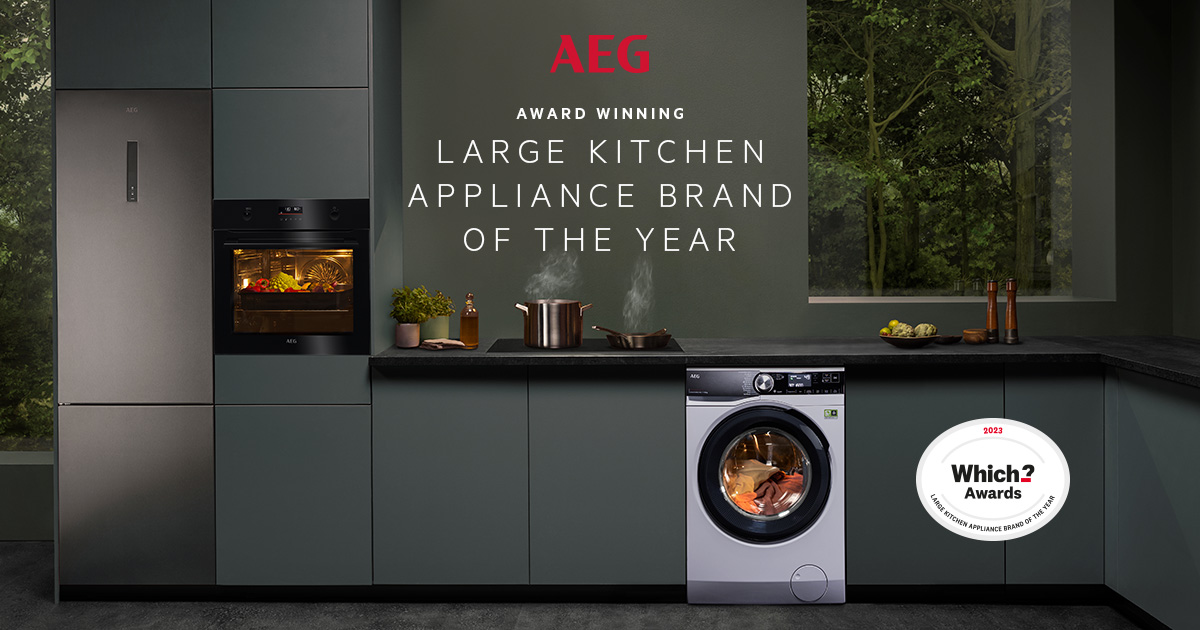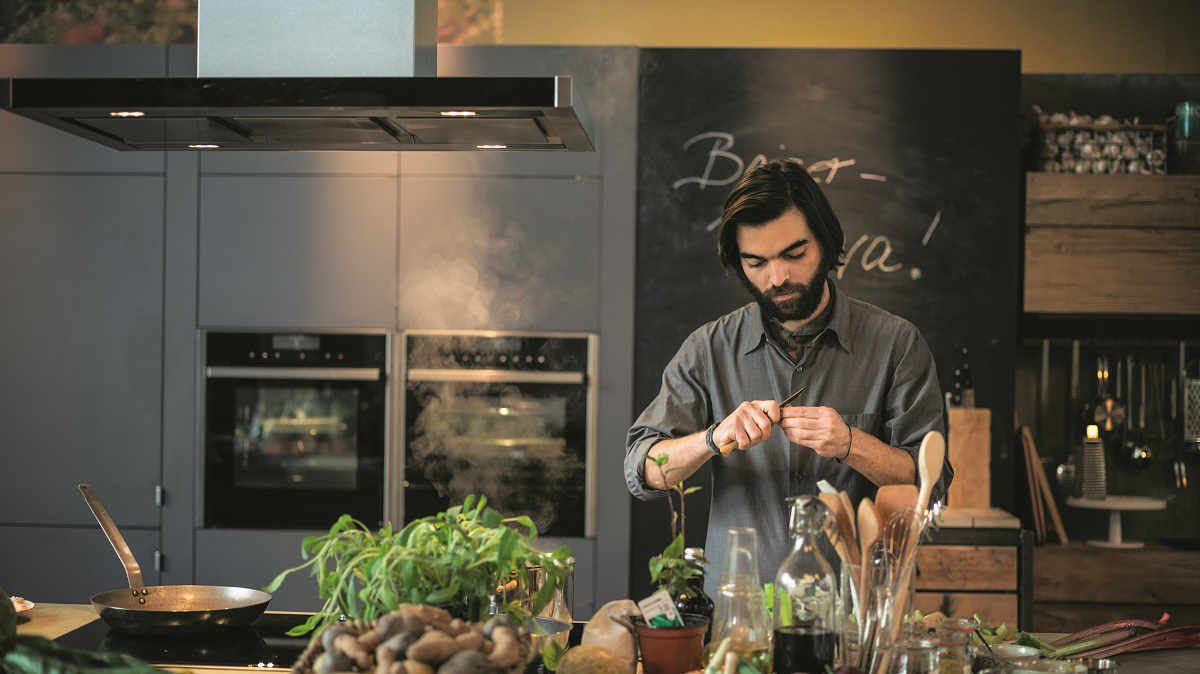Appliances For Outbuildings - Three Things You Need To Know Before You Buy
-
 Webbs
Webbs
- Guides & News
- 24 Jun 2024
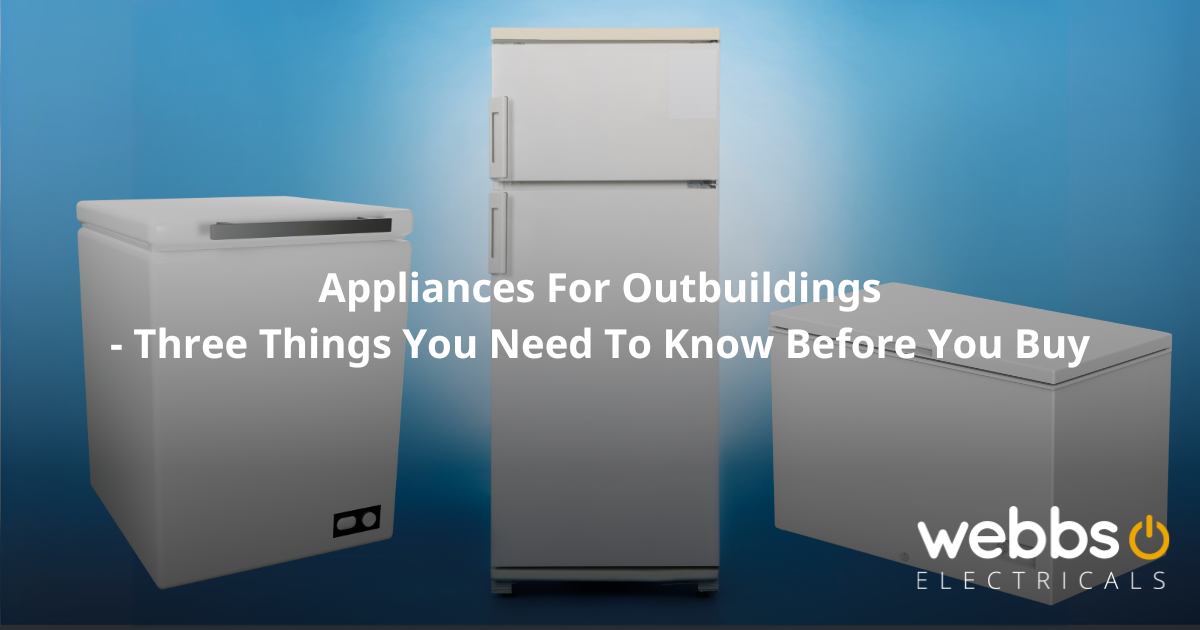
There may be a whole host of reasons why you’d want appliances for outbuildings, from limited home space to reducing noise and heat. However, there are several vital things worth knowing before you purchase an appliance for your garage, shed or conservatory. To help, we’ve put together three key pieces of advice worth your consideration.
1: Make sure the temperature doesn’t drop below 0° C
Many appliances won’t function normally once they drop below freezing, particularly freezers. This is because the thermostat will register that it’s cold enough to turn the compressor off, meaning its contents could thaw out. Worse still, the food could then be re-frozen when the outside temperature warms back up, causing food safety issues.
There are several ways to avoid this scenario for freezers stored in outbuildings. Many will list what is known as a ‘Climate Class Rating’, which is used to measure how well it operates in the temperature range of your outbuilding. Specifically, you’ll want to look for the ‘Subnormal or Tropical’ rating, shown as ‘SN-T’. This will indicate that the appliance will operate in a wide range of temperatures, including below zero.
Several appliance brands will have their own ways of measuring ‘Climate Class Rating’, such as Beko’s Freezer Guard technology. It’s worth making sure this is listed before purchasing any freezer or other appliance.
Alternatively, you can make sure your outbuilding is well insulated or protected against extreme temperatures. Through improving the environment, you can make sure your appliance doesn’t drop below freezing temperatures. Better yet, you could take further measures to combat humidity and moisture, such as by using dehumidifiers.
2: Ensure your energy requirements are covered
When it comes to appliances for outbuildings such as garages, it’s worth taking a look that you have the right energy requirements. For example, you may not have a natural built-in power supply in that area, meaning running alternative power sources. That may require more energy-efficient appliances to off-set this.
Many appliances will display their energy efficiency in their product descriptions. These range from the most energy efficient at A+++ to the least energy efficient models at C (or A to G, traditionally). It’s worth looking at these energy labels to make sure your appliance fits your energy needs before making a purchase.
3: Consider your appliance’s maintenance needs
Any appliance will need to be durable to handle any harsher conditions, depending on your type of outbuilding. This can also extend to models that are considered ‘low-maintenance’ or lessen the need for more frequent upkeep.
Fridges, fridge freezers and freezers can sometimes have a ‘frost-free’ setting. Sometimes known as ‘no-frost’ or ‘automatic defrost’, the ‘frost-free’ function enables freezers to automatically prevent ice forming on the walls and shelves of the appliance. This minimises the need to defrost the freezer section, which is required to remove frozen water from its compartments for a clean, hygienic environment.
What appliances are available for outbuildings?
Whether you need to store your appliance in a garage, utility room or beyond, we have a range of appliances such as freezers suitable for outbuildings. Alternatively, we have a range of condenser tumble dryers and more from Webbs Electricals.

